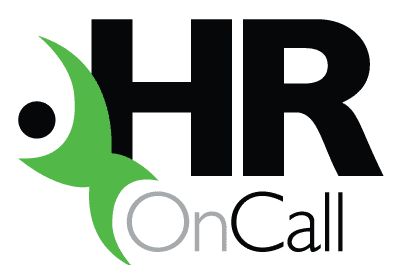An effective onboarding program helps set up new employees for success and can save your business recruitment dollars. Make sure all your employees are travelling in the same direction from the beginning because it’s impossible to go back in time and make things right if you neglect the crucial early days.
Onboarding is much more than orientation
Orientation happens during an employee’s first few days at the organisation. It’s an important opportunity to get the “lay of the land”, meet new people and be formally welcomed into their new role. Orientation is often the first part of an onboarding program, but it is definitely not the only part. While orientation may take a day or two, a good onboarding program takes at least six months! In fact, the best onboarding programs run over a year or even longer.
Onboarding is the process of integrating a new hire into the organisation and ensuring they are fully engaged with their role. This includes covering things like:
- Company culture, values and expectations
- Business history, goals and current projects
- People and social interaction
- Policies, documentation and business processes
- Mentorship
- Training and career planning
- Don’t underestimate the power of a great start
The benefits of an effective onboarding program are significant and wide-ranging. They include:
1. Increased productivity: successful onboarding can result in 54% greater productivity.
That’s massive! This is because onboarding not only arms new employees with the practical tools to do their job. It also helps them integrate into the culture of the company and feel at home. An employee who feels valued, welcomed, supported and like they belong is an employee much more likely to hit the ground running.2. Lower employee turnover: On average, new recruits will decide within the first six months if they are going to stay. Once you have gone through the recruitment process, found the best candidate and invested in their induction, the last thing you want is the stress, expense and lost opportunity of starting the whole process again. An effective onboarding program significantly increases the likelihood of your new employee not only staying - but thriving - in your organisation.
3. Clarifying role expectations: Onboarding helps employees orientate themselves in their new roles, understand how they will interact with other people, and appreciate how their work benefits the business. This allows new recruits to feel valued and integral to the success of the organisation which is highly motivating.
4. Reduced employee stress: Starting a new role in an unfamiliar environment can be daunting. There are new responsibilities to manage, new faces and names to learn and the weight of a new employer’s
expectations to meet. Effective onboarding gives employees the tools and support to feel in control and empowered to be confident and successful in their new role.
How to get onboarding right
The benefits and payoffs associated with an effective onboarding process far exceed the costs. If your company doesn’t have onboarding as a key focus of your HR strategy, then this is a great opportunity to reduce recruitment costs and increase employee productivity. Here are some tips to help guide your thinking:
Tip 1: Take time to plan
Map out the onboarding process and design an optimal experience for your new staff members. From paperwork to training to meeting the team, make sure you tick all the boxes so that new staff can enjoy a seamless onboarding experience.
Tip 2: Get organised
Nothing says “Welcome!” more than a fully set up workspace. Make sure the necessary equipment and IT is ready and fully set-up before your new employee starts. Make their first day extra special by organising a welcome pack, personalised coffee mug and perhaps a welcome lunch to help your employee feel extra special.
Tip 3: The little things matter
Think about what will help new team members feel comfortable and at home. Set up a locker for their belongings, send them details about where to park on their first day and consider assigning a buddy to support new staff as they get their bearings and familiarise themselves to your workplace.
Tip 4: Mix it up
Consider using different training methods, such as a mix of online and offline teaching tools, to keep employees engaged and excited about their new role. Social connections are very important for team building so work in some formal and informal events, even if these are done remotely via Zoom or a similar platform.
Tip 5: Don’t overwhelm new staff
Take your time. The onboarding process should be spread out over at least six months. This will give your new employees time to process and put into practice all the things they are learning. Remember that starting a new role can be daunting and overwhelming, so make sure your employee knows that they have time to get up to speed.
Need specialist HR advice and support?
We’re here to help. Call us on 1300 827 566 for a free 15-minute call


